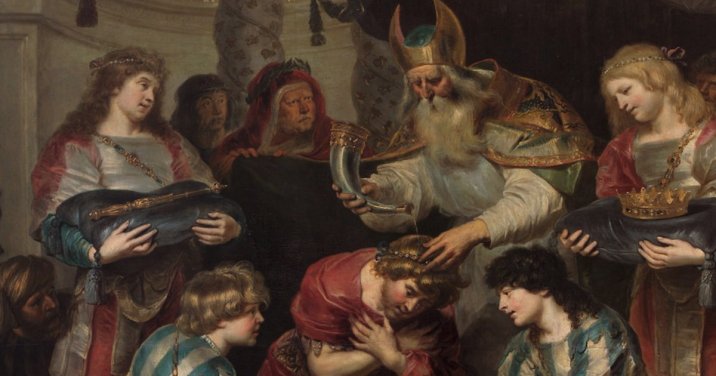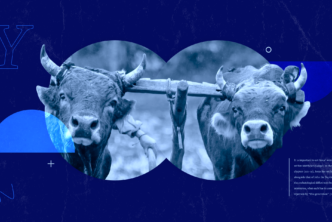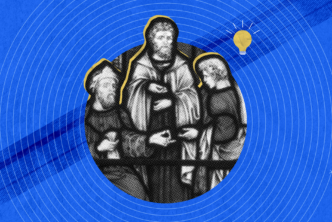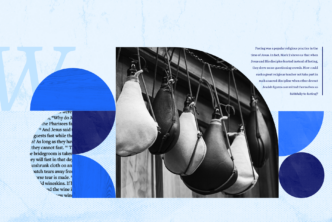The first book of Proverbs announces, “These are the proverbs of Solomon, son of David, king of Israel” (compare Prov 10:1; 25:1). By its own testimony, though, the book of Proverbs had many authors: “These are the sayings of the wise [literally, wise ones]” (Prov 24:23). This same idea—that the proverbs in the book were written by a number of sages—is reiterated in Proverbs 1:6 and 22:17.
But old traditions die hard, and the authorship of these proverbs is still debated. What role did Solomon actually play in writing this Wisdom Literature?
Solomon had a pen name?
In some passages of Proverbs, the sages who wrote the book are named. Proverbs 30 was written by Agur, son of Jakeh (30:1), but we know nothing else about him. Some believe Agur is a pen name for Solomon. However, there is little evidence to support this. The name may also be translated more commonly as “the assembler,” which may point to an anonymous collector of proverbs who also wrote chapter 30.
Proverbs 31:1 informs us that King Lemuel wrote the famous chapter about the virtuous woman. In this verse, we learn that Lemuel was taught proverbs by his mother. There is little else known about this elusive king. Jewish tradition views the writer as yet another pen name of Solomon, but there is no reliable proof for this connection.
In the tradition of solomon
Proverbs 25:1 provides another insight into authorship: “These also are proverbs of Solomon which the men of Hezekiah king of Judah copied.” The word translated “copied” can also mean “transcribed.” This suggests that some of the proverbs (perhaps chapters 25–29) were produced by scribes living in the days of Hezekiah (ca. 715–687 BC), after the lifetime of Solomon.
At least one anonymous sage did contribute to Proverbs. Portions of Proverbs 22–23 come from an Egyptian wisdom text composed before Solomon’s lifetime, The Instruction of Amenemope.
In addition, Proverbs 1:25 appears to be quoting Jeremiah 20:7 and certain portions of Zechariah 7. However, just because there may have been later additions to the book of Proverbs doesn’t mean the entire book is dated later than Solomon. There is also the possibility that Jeremiah and Zechariah were drawing on Proverbs.
In the tradition of Egypt
Because Proverbs 22–23 draws on an ancient Egyptian wisdom text that pre-dates Solomon, it seems likely that he may be one of the authors (Prov 1:1; 10:1). In addition, the literary patterning in large sections of Proverbs (10:1–22:16) mirrors ancient Egyptian wisdom literature, in which Egyptian scribes gave collections of sayings a formal title and prologue.
So who wrote the book of proverbs?
Solomon—but he had good (or wise) company.
This article is excerpted from Dr. Heiser’s book I Dare You Not to Bore Me with the Bible.






